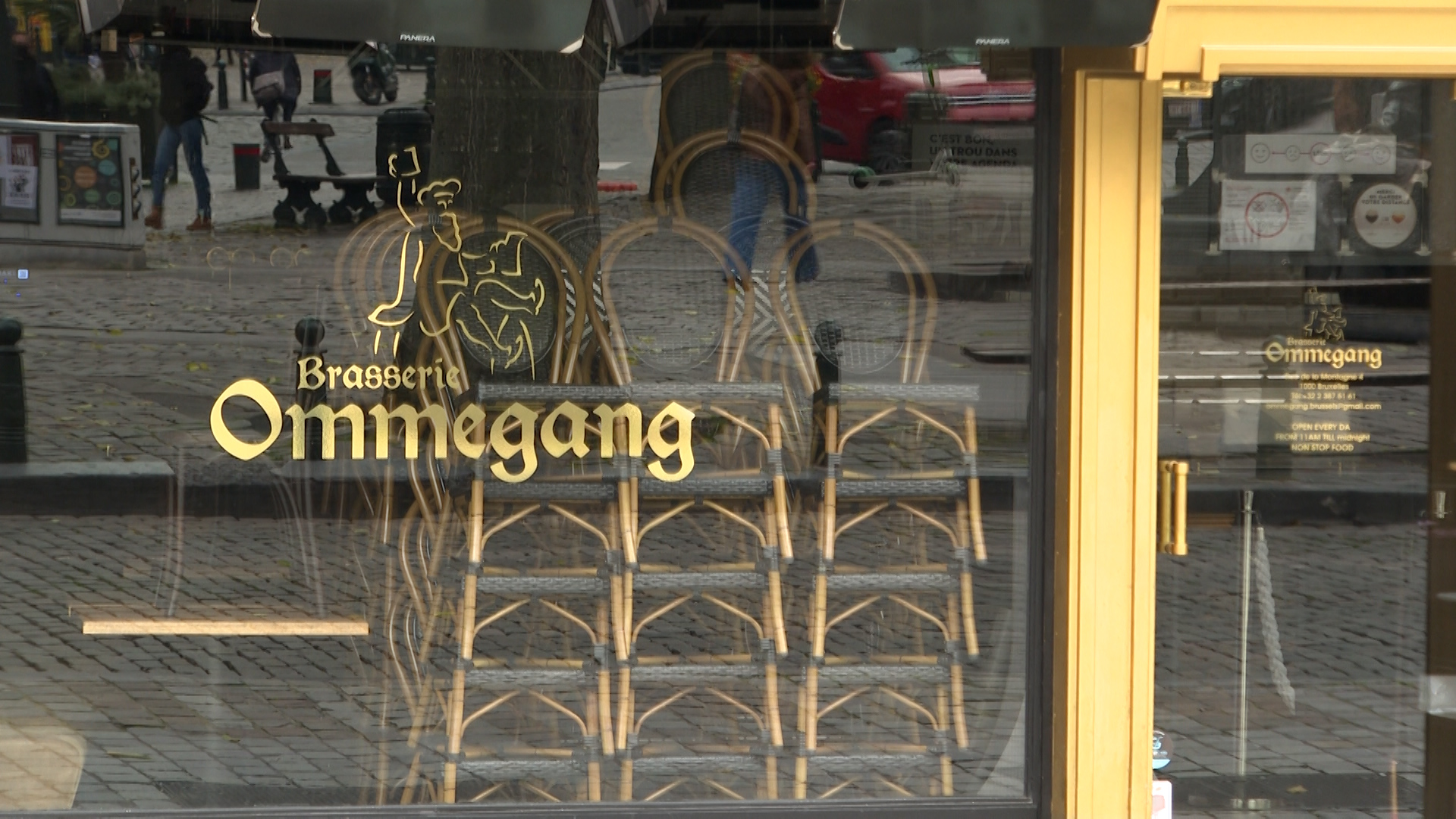02:32

The "Welcome Back" flags had barely caught a breeze in Belgium's famed Grand Place before lockdown 2.0 came into effect.
All restaurants, bars, and cafes across the country were forced to close for a month on Monday as the government tries to get a grip on a ferocious second wave of COVID-19. For those in the industry, the second shutdown is hard to handle.
"We don't feel considered, and it hurts my heart," said restaurant manager Angelo Bussi as he locked up on Sunday evening. "Even us waiters, or managers, or cooks, or dishwashers. Everyone is in pain. It's horrible."
When unveiling the new restrictions, Belgium's new Prime Minister Alexander De Croo said he was "fully aware" that the measures were very strict and "appear unfair to many people.”

"Unfortunately, this virus is unfair," he said at a Friday evening press conference. "It is affecting our country in a very, very hard way. The coming weeks are going to be very difficult but to avoid the worst, we must take action now."
A curfew from midnight to 5 a.m., a mandatory work-from-home order and the limiting of close contacts outside the home to one round out the new package of measures.
"These measures are good but the government has to be stricter in enforcing them," said one young man on Monday. "We are closing bars and restaurants but look at how many people are on public transport."
"It's very hard for restaurant owners, café owners, but also for all social interactions. But personally, I adapt to the measures," said an older woman. "It might be hard for a time, but it might save us in the end."

Delirium Cafe in Brussels' Grand Place is deserted as restaurant lockdown takes effect. /CGTN
Delirium Cafe in Brussels' Grand Place is deserted as restaurant lockdown takes effect. /CGTN
Uncontrollable "tsunami"
According to the public health institute Sciensano, Belgium averaged 7,876 new infections a day in the last week, a 79 percent jump from the previous seven-day period. Hospitalizations doubled over the same time frame, with an average of 30 people dying a day.
The country's health minister warned of an impending "tsunami" in Brussels and Wallonia, the two hardest-hit regions in the country and in Europe.
"We are close to a tsunami in which we no longer control what is happening," Frank Vandenbroucke told RTL-TVi on Sunday.
Nearly one in four (22.5 percent) people tested for coronavirus in Brussels is now coming back with a positive test result, according to Sciensano. But the numbers could be higher. Testing facilities are stretched to capacity and the labs processing the samples have struggled to keep pace with demand. Results can now take days to receive.
The new measures took effect as a survey showed that less than half the population complied with the measures already in place. According to the latest Ghent University barometer which dates from 14 October, 49.5 percent of respondents said they fully comply with the rules. That's down from 80 percent last March, but much higher than the 22 percent recorded during the summer.